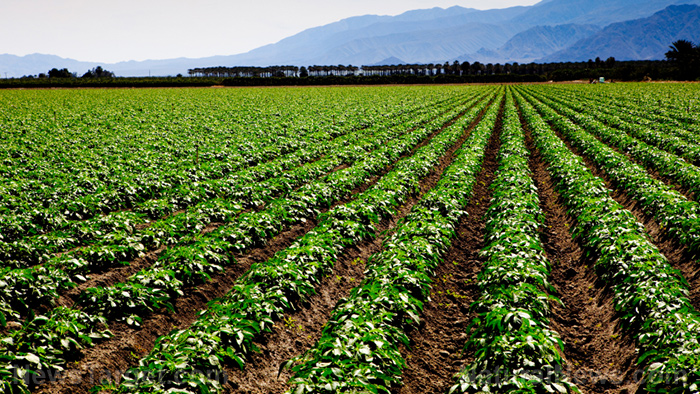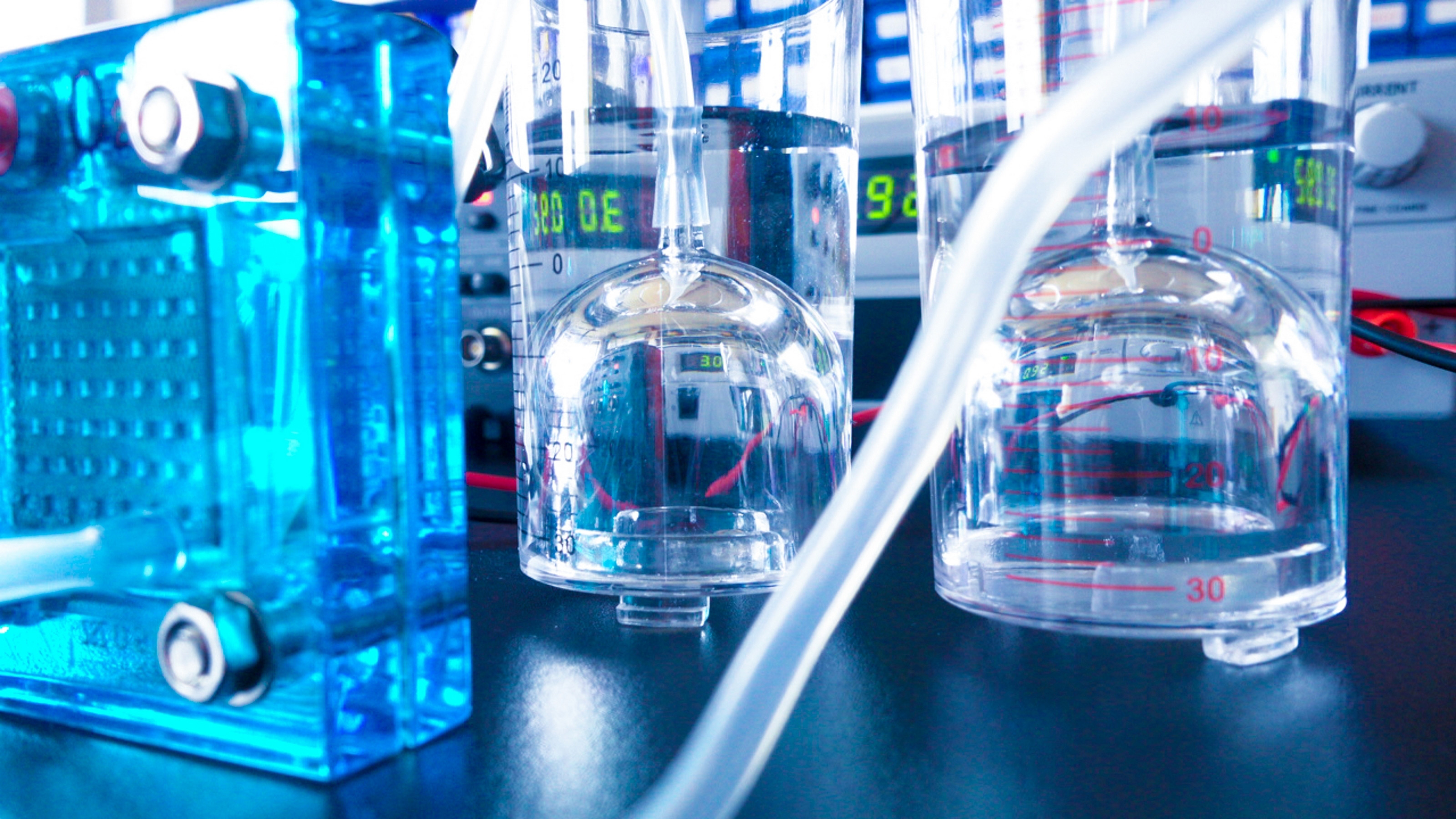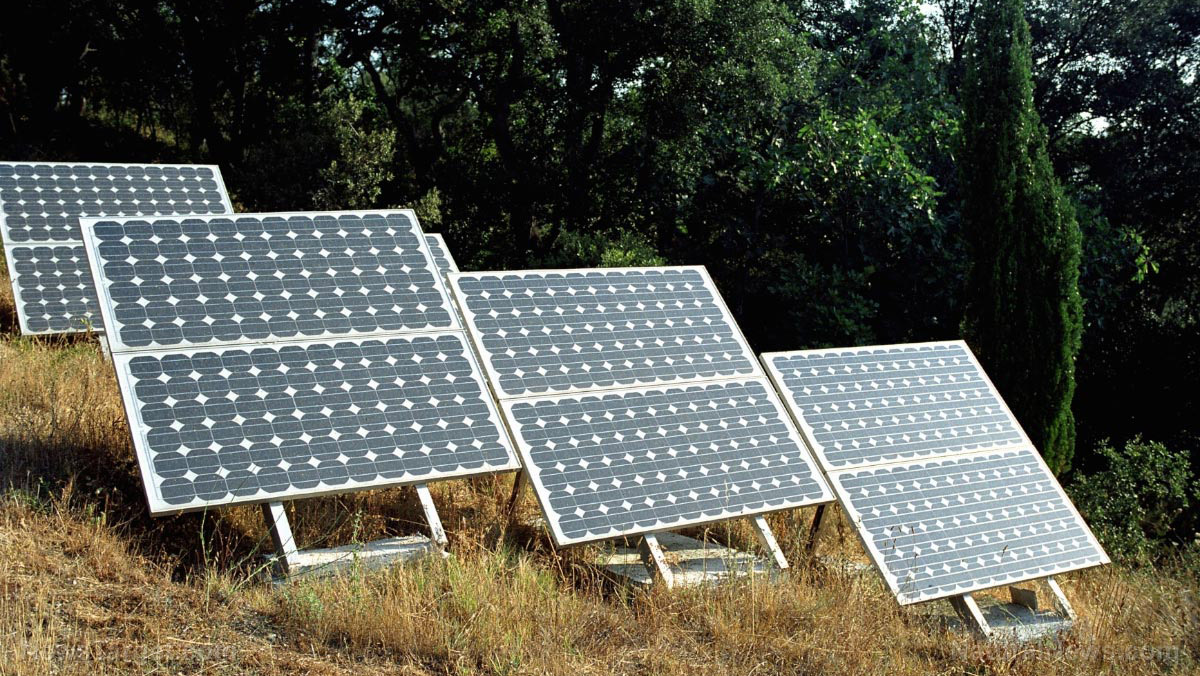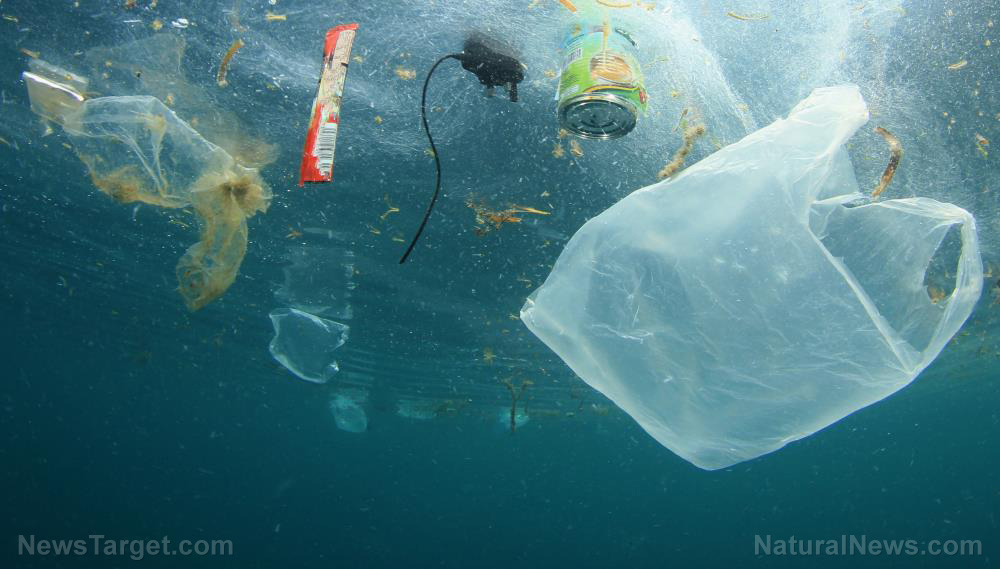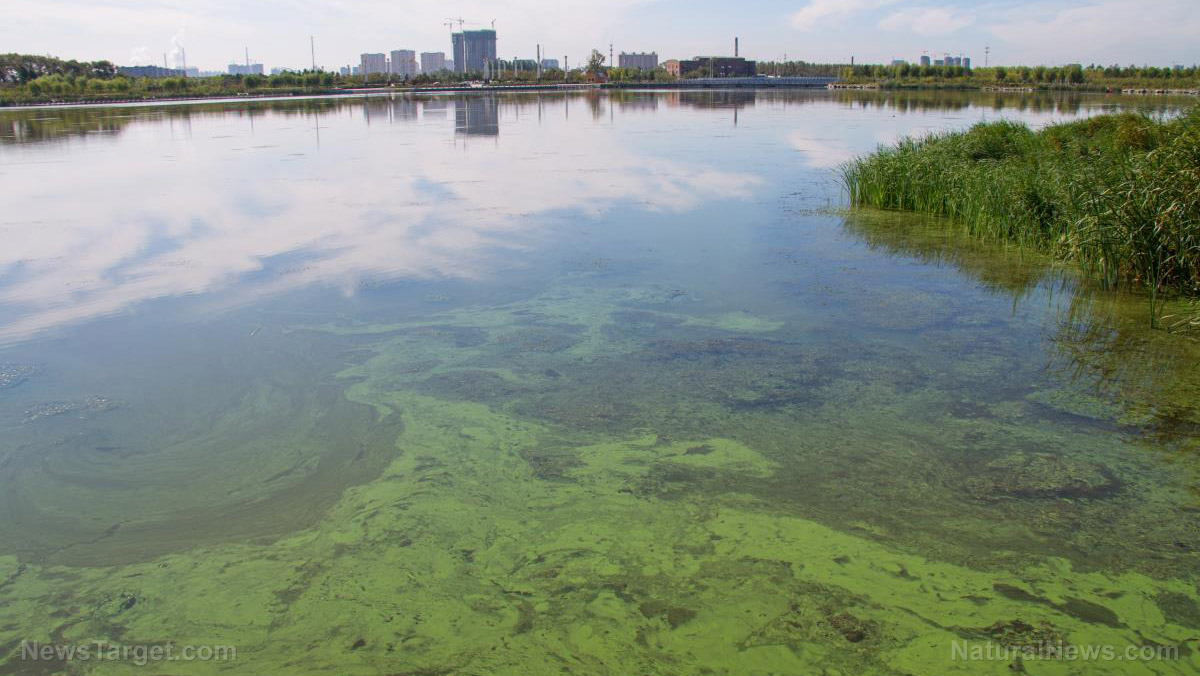Human hackability: Microplastics in humans could harbor nanoparticles for tracking, data collection
06/27/2022 / By Mary Villareal

Alex Jones of InfoWars said government agencies in both the U.S. and the European Union (EU) are reporting unprecedented amounts of microplastics in human blood and tissue samples.
In the June 23 episode of his show, Jones explained that a global program directed by the World Economic Forum to spray the food with trackable plastic nanoparticles obtained authorization from different regulatory agencies around the world.
While the Food and Drug Administration and the Environmental Protection Agency both claim they have no jurisdiction over microplastics and nanotechnology, some websites say the government itself is doing it.
Jones referenced Yuval Noah Harari’s explanation of human hackability in an interview last year. The Israeli philosopher and academic said nanotech can be present in food and water to eventually “take over” the human body in a sort of revolution.
Harari explained in his interview that nations must begin cooperating to prevent such “hackability” by regulating artificial intelligence and data collection across all nations. He added that the countries and companies that control the most data will control the world.
According to Harari, the world is increasingly cut up into spheres of data collection and data harvesting. In the Cold War, he said, there was the Iron Curtain. Now, there is the Silicon Curtain in that the world is increasingly divided between the U.S. and China.
“Does your data go to California, or does it go to Shenzhen and to Shanghai and to Beijing?” Harari asked.

He has been warning people of a not-so-distant future of incredible change, with artificial intelligence working through algorithms to strengthen its grip on humans.
“Netflix tells us what to watch and Amazon tells us what to buy. Eventually, within 10, 20 or 30 years – such algorithms could also tell you what to study at college, where to work, whom to marry and even whom to vote for,” he explained, adding that the COVID-19 pandemic has opened the doors to even more intrusive data collection.
Ultimately, he warned that humans are at risk of getting “hacked” if artificial intelligence does not become better regulated.
“To hack a human being is to get to know that person better than they know themselves and, based on that, to increasingly manipulate them.”
More studies needed on the effects of microplastics on humans
While people are already known to consume tiny plastic particles via food and water and even by breathing them in, microplastics have also been found in the stool of babies and adults alike. Scientists analyzed blood samples from anonymous donors and found that a quarter of the blood samples contained polyethylene, from which plastic carrier bags are made.
Dick Vethaak, an ecotoxicologist at Vrije Universiteit Amsterdam in the Netherlands, said that it is reasonable for people to be concerned about what is entering their bodies as plastic particles are already present and are transported throughout. He also said that previous research had shown that microplastics were ten times higher in babies’ feces than adults, and that babies fed with plastic bottles swallow millions of microplastic particles daily.
Vethaak acknowledged that the amount and type of plastic varied considerably among samples, but theirs was a pioneering study and a lot more work is needed. He also said that the differences might reflect short-term exposure before the blood samples were taken, such as drinking from a plastic-lined coffee cup or wearing plastic face masks.
“The big question is: What is happening in our body? Are the particles retained in the body? Are they transported to certain organs, such as getting past the blood-brain barrier? And are these levels sufficiently high to trigger disease? We urgently need to fund further research so we can find out,” he said. (Related: REPORT: Bottled water TEEMING with microplastics.)
Jo Royle, founder of the charity Common Seas, said plastic production is set to double by 2040. Shae added that everyone has the right to know what all plastics, and possibly nanoparticles, can do to human bodies. The charity, along with over 80 NGOs, scientists and members of Parliament, is asking the U.K. government to allocate £15 million ($18.4 million) to research the human health impacts of plastic.
The EU, however, is already funding research on the impact of microplastics on fetuses and babies, and the immune system.
Watch the video below for more information about deadly microplastics and chemicals in food and water.
This video is from the InfoWars channel on Brighteon.com.
More related stories:
Researchers find evidence of microplastics in Colorado RAIN SAMPLES: Where is it coming from?
Due to extreme pollution of the world’s oceans, sea anemones are now eating microplastics.
Sources include:
Submit a correction >>
Tagged Under:
This article may contain statements that reflect the opinion of the author




